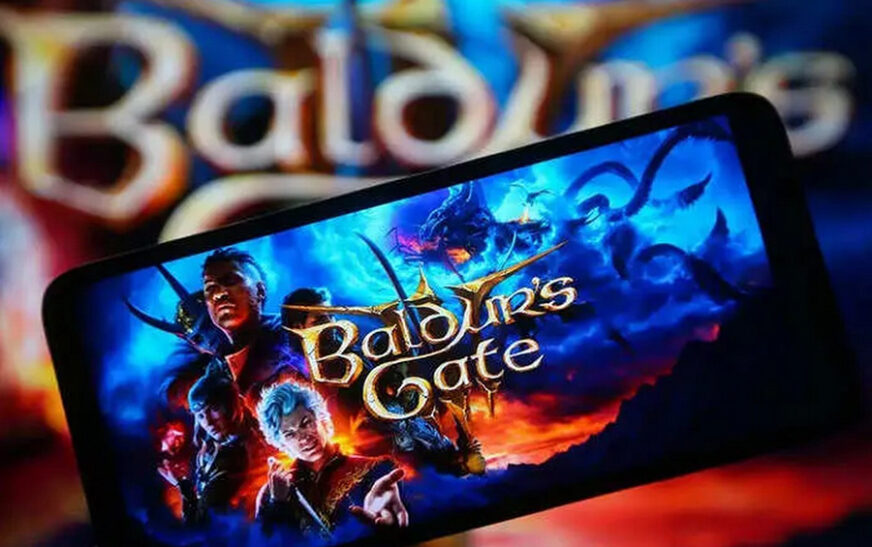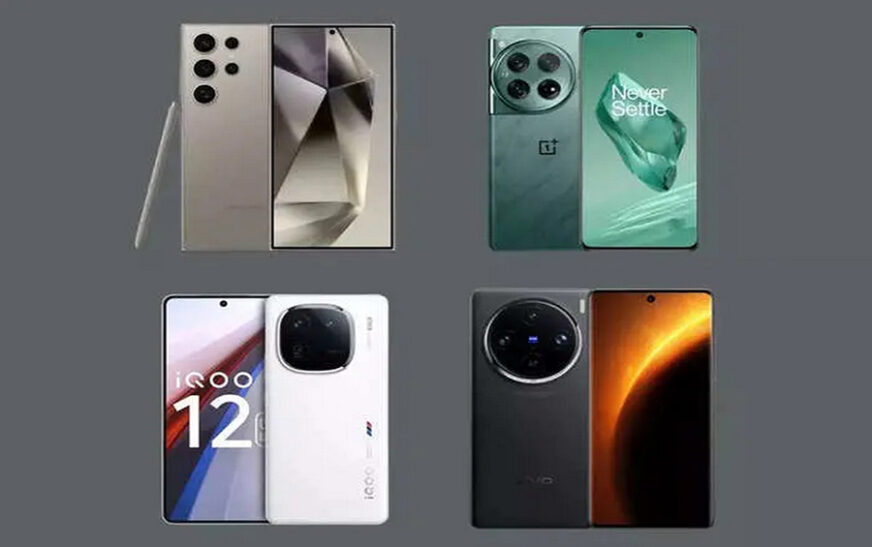Baldur’s Gate 3, the highly anticipated role-playing video game developed by Larian Studios, exceeded all expectations by generating over $650 million in revenue on Steam alone last year. This remarkable achievement defies conventional wisdom in the gaming industry, demonstrating that blockbuster success can be attained without resorting to microtransactions. Despite the absence of in-game purchases, Baldur’s Gate 3 emerged as the top-selling game on Steam, outselling its closest competitor, Hogwarts Legacy, by a significant margin.
Unprecedented Popularity and Engagement
Since its release in August, Baldur’s Gate 3 has garnered widespread acclaim from both players and critics alike, nearly sweeping The Game Awards. The game’s immersive gameplay and rich narrative have captivated audiences, leading to staggering levels of player engagement. Players have collectively spent an astonishing amount of time immersed in the game, with over 8,000 years dedicated to character customization alone. Larian Studios’ ambitious project, which offers an extensive gaming experience lasting 75 to 100 hours on average, has resonated deeply with gamers worldwide.
Revenue Breakdown
According to VG Insights, a reputable tracker of Steam revenue, Baldur’s Gate 3 amassed a staggering $657 million in sales in 2023, solidifying its position as the top-grossing game on the platform. Its sales figures far surpassed those of its competitors, with Hogwarts Legacy trailing behind by $316 million. This exceptional performance underscores the game’s immense commercial success and enduring popularity among gamers.
Shifting Trends in Gaming
A notable trend observed among the top-selling games on Steam in 2023 was the absence of microtransactions. Unlike many mainstream titles that rely on in-game purchases to drive revenue, Baldur’s Gate 3 and other top-performing games prioritized creativity and premium gaming experiences over monetization strategies. The share of games featuring microtransactions that sold over one million copies declined from 33% in 2022 to 25% in 2023, signaling a shift towards high-quality premium games favored by players.
The Evolution of Microtransactions
The dominance of microtransactions in the gaming industry has been pervasive in recent years, with games like Fortnite pioneering innovative monetization models. Fortnite’s introduction of the Battle Pass system revolutionized in-game purchases, prompting a wave of multiplayer titles to adopt similar strategies. However, the rise of premium games like Baldur’s Gate 3 challenges the notion that microtransactions are essential for commercial success in the gaming market.
Conclusion: A New Era of Gaming
Baldur’s Gate 3’s phenomenal success serves as a testament to the evolving landscape of the gaming industry. As players increasingly prioritize immersive storytelling and premium gaming experiences, developers are compelled to rethink traditional monetization strategies. While microtransactions remain prevalent, the rise of blockbuster titles like Baldur’s Gate 3 highlights the enduring appeal of high-quality, premium games that captivate audiences through innovation and creativity.










